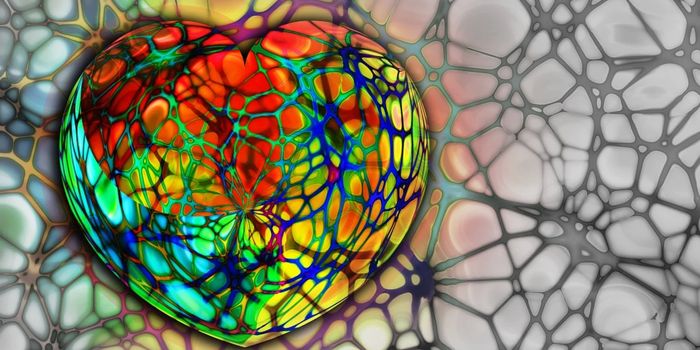Amyotropic Lateral Sclerosis (ALS), AKA the progressive neurodegenerative disease that inspired millions of people to raise awareness with the “Ice Bucket Challenge” in the summer of 2014, is associated with certain gene mutations. In a new study from the University of Bath, scientists unveil their discovery of novel expression sites in the brain associated with ALS and a similar disorder, frontotemporal dementia (FTD).
Abnormal repeats of nucleotides with a gene called C9orf72 are infamous for causing neuron death related to ALS and FTD. People with certain C9orf72 mutations associated with ALS or FTD don’t normally show symptoms of anything being wrong until they are much older, and scientists don’t know why. “It is possible that the activity of the gene early in life somehow ‘primes’ certain types of neurons to degenerate later in life,” suggests Dr. Brian Dickie, Director of Research Development at the Motor Neurone Disease Association.
The recent study from the University of Bath, published in the
Journal of Anatomy, used mice models of disease to locate strong expression of C9orf72 in the hippocampus, the hotspot for memory as well as adult stem cells. C9orf72 is also expressed in the olfactory bulb, and losing one’s sense of smell is often a symptom associated with FTD.
Additionally, the researchers found in their mice studies that C9orf72 proteins change in concentration from just the cytoplasm of cells to both the cytoplasm and nucleus as both the brain cortex and neurons develop.
Finding novel expression sites means finding potential targets for gene editing as a treatment for ALS/FTD. “It is essential to know in which cell types in the nervous system the C9orf72 gene is expressed and where within the cell the protein is present,” confirmed the leader of the study, Dr. Vasanta Subramanian.
Researchers are still unsure how C9orf72 variants cause neuron death and, subsequently, the development and progression of diseases like ALS and FTD. However, with the recent findings uncovering clues about how the gene is expressed in patients with disease, scientists are one step closer to finding the trigger and preventing it from being pulled.
Sources:
The ALS Association,
University of Bath
Image Credit: Andrew L Bashford and Vasanta Subramanian University of Bath









